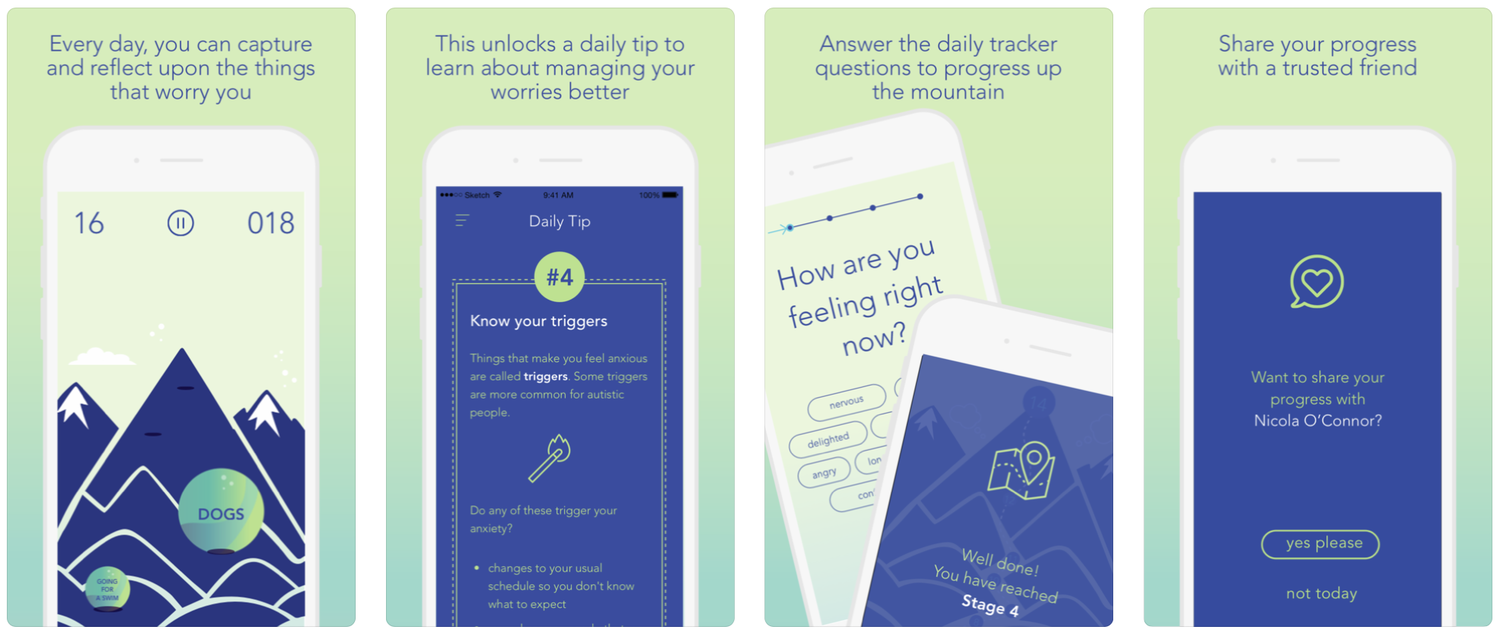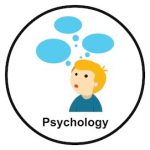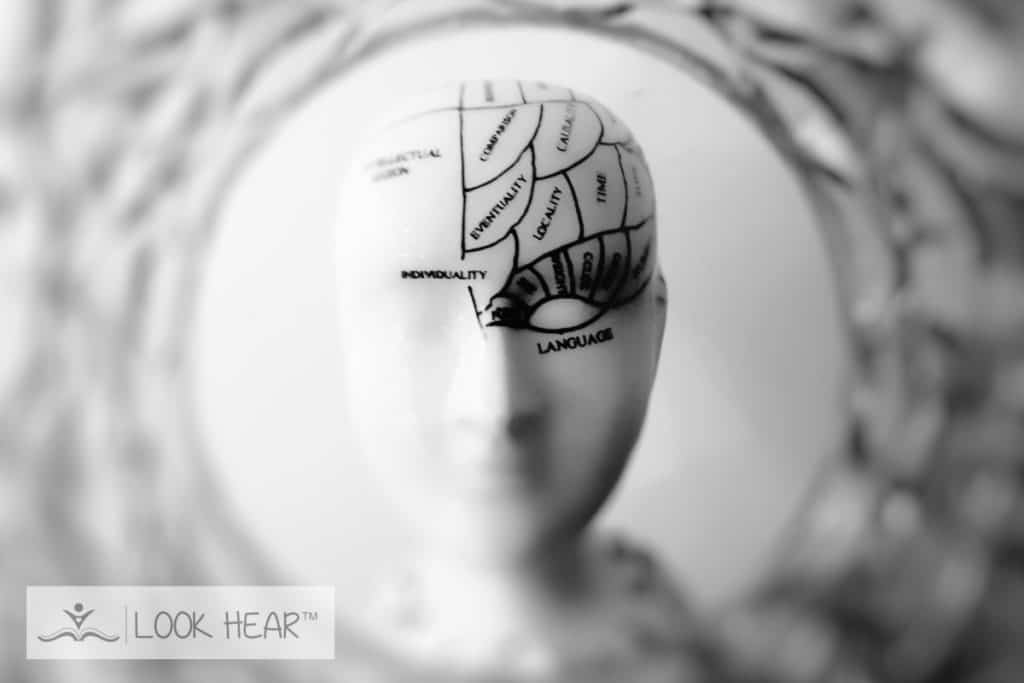Hi everyone, Tim here. I’ve been in Montreal last week at the International Society of Autism Researchers (INSAR) annual conference. This conference brings autism researchers from around the world together to discuss and share the leading research into all aspects of the autism spectrum.
There were too many sessions and discussions to get to all of them, but I will be talking about the sessions that I was able to attend.
Highlights from Day 1
Autism and Mental Health

Autistic Burnout:
Discussion around Autistic people feeling overwhelmed by the sensory and social environment leading to burnout and meltdown. Christina Nicolaidis spoke about autistic burnout and its impact on adults. Currently there is little research into this area as a stand-alone phenomena in mental health.
You can find more about Christina’s research here.
ASD and Childhood Trauma:
This talk was about understanding specific indicators of traumatic reactions in autistic youth. Researchers (Connor Kerns et al.) are developing criteria to better understand and diagnose trauma, including PTSD, in children.
You can find more about Connor and her team here.
Self-injury:
Dr Rachel Mosely spoke about self-injury without suicidality in autistic people. Her research looks at the why some autistic people injure without suicidal intent, and what predictors might help understand risk.
You can find out more about Dr Rachel and her research here.
Assessing suicidal behaviour:
Cecile Bardon spoke about how to engage people with ASD and intellectual disabilities to prevent suicide. In particular how to adapt services to meet those client’s needs.
You can find out more here.
Safety Planning Intervention (SPI):
Brenna Maddox described how her and her colleagues are investigating how to mitigate suicide risk in autistic individuals, including how to inform future clinical guidelines.
You can find out more about Brenna’s research here.
Suicide and ASD:
Anne Kirby discussed suicide in the autistic community. In particular, her research looks at the extent to which co-occuring mental health difficulties influence suicidality.
More information about Anne and her research can be found here.
Emotion regulation and therapeutic alliance in CBT:
Carly Aubaum spoke about how the therapeutic alliance can make CBT more accessible to autistic children, and enhance the therapy outcomes.
Emotion dysregulation in adolescents:
Virginia Carter Leno described research around the drivers of behaviours that challenge using physiological response measurements. She asked an important question; is it defiant behaviour or poor regulation strategies?
You can find out more about Virginia here.
Problem behaviours, GI problems and Internalising symptoms:
Brad Ferguson is currently completing research into the link between gastrointestinal problems, behaviour and internalising symptoms in autistic individuals.
If you would like more information about Brad’s research you can find more here.
Anxiety in ASD and ID:
Breanna Winder-Patel discussed her research around understanding anxiety in children with ASD and an intellectual disability. In particular developing specific anxiety measures within the ASD population.
You can find out more here about Breanna’s projects and articles.
Quality of life:
Bethany Oakley spoke about how individual differences in QoL impacts on the development of mental health in autistic people.
Molehill Mountain:
Sophie Carruthers presented on a new app to support autistic children and adults understand and manage anxiety and worries. The app is called “Molehill Mountain”.
Sophie’s research and articles can be found here.
You can also find out more about the App itself here.

If you want to look more into some of our favourite apps and some of our reflections on research, take a look around our site!







